Latest Stories
Latest News
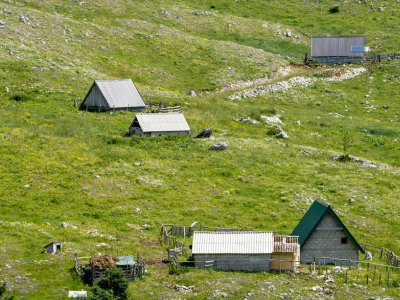
FAO and Montenegro partner to enhance climate action in agriculture and forestry
09/05/2025
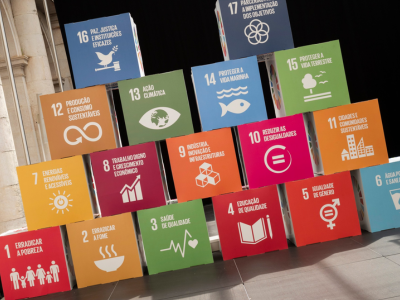
Peer-to-peer learning helps municipalities to localize the Sustainable Development Goals
09/05/2025
A group of municipality representatives from Bosnia and Herzegovina and Georgia visited Mafra, a Portuguese municipality, last week to learn more from its example on localizing the Sustainable Development Goals (SDGs). Mafra has shown a strong commitment in overall SDG implementation at the municipal level and in the development of a Voluntary Local Review (VLR), the internationally accepted process to review the implementation of SDGs at sub-national level.
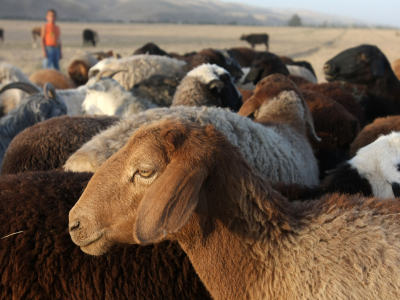
Uzbekistan pushes forward on PPR eradication with a national seromonitoring programme
07/05/2025
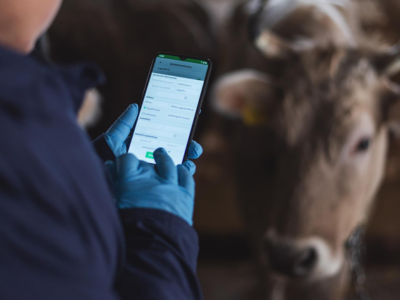
North Macedonia steps up efforts to digitalize agriculture
06/05/2025
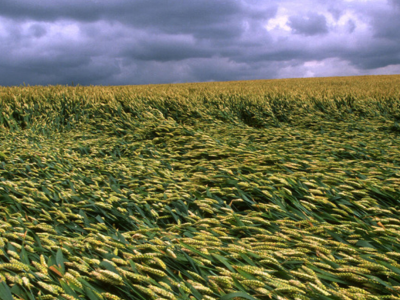
Turkmenistan consultation addresses tech, private investment and climate finance access
02/05/2025
Stakeholders from across Turkmenistan gathered in Ashgabat on 17 April 2025 for a consultation focused on accelerating the country's access to climate finance by identifying crucial climate-resilient technologies and boosting private-sector engagement in climate action. The consultation was part of the Green Climate Fund (GCF) Readiness project Improving the Capacity of Turkmenistan to Access Climate Finance through Capacity Building and Strategic Frameworks.
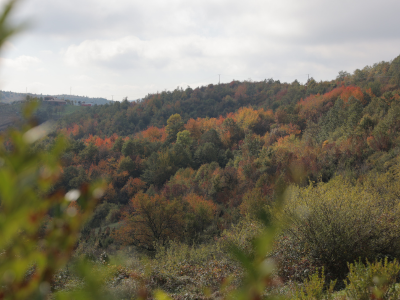
Training strengthens Kosovan forest sector assessment and monitoring
02/05/2025
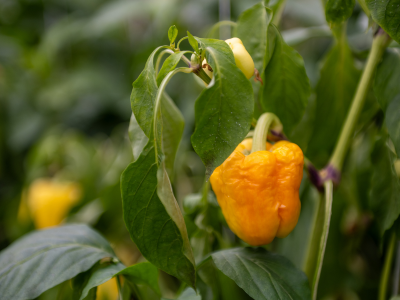
For the first time, FAO offers regional virtual learning course on tackling food loss and waste
30/04/2025

Securing land rights with just a few clicks
28/04/2025
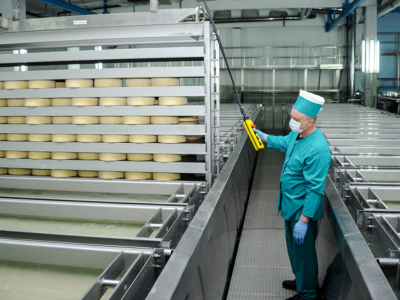
Belarus committed to taking food control systems to the next level
25/04/2025



